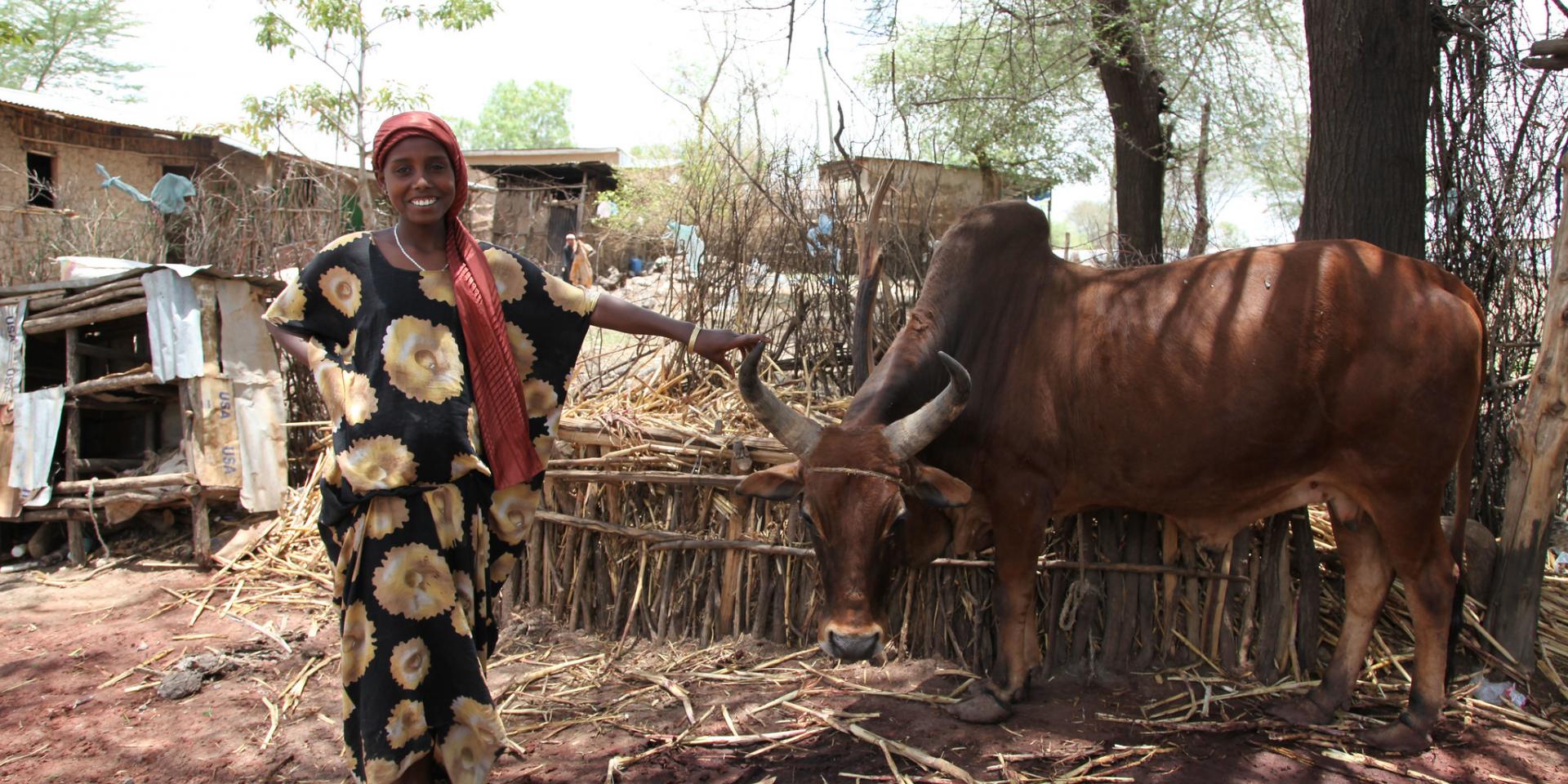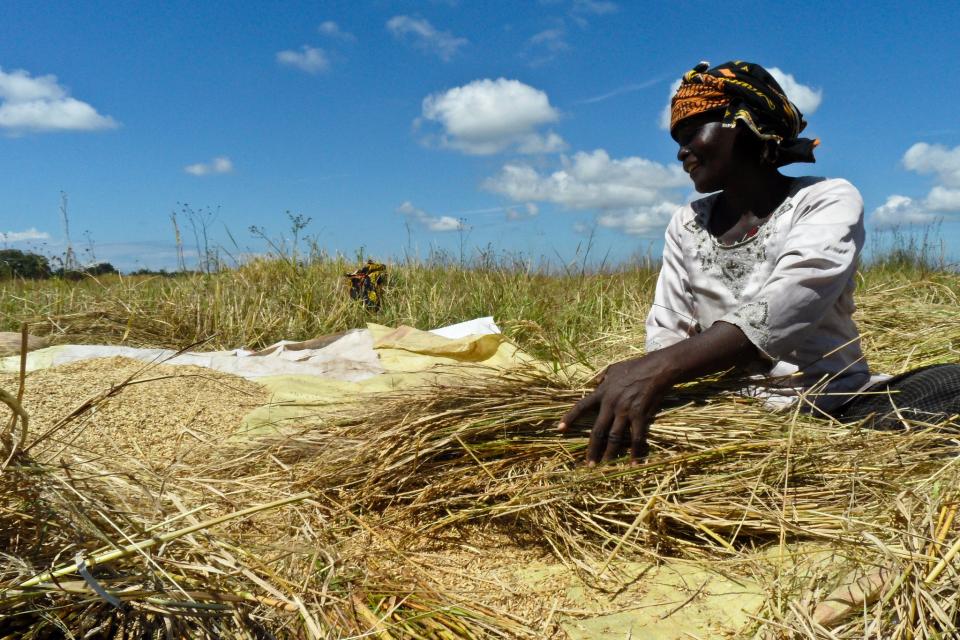Perceptions data can help us challenge sexist norms around land and housing
 Photo: ILRI
Photo: ILRI
On the International Women’s Day – and every day – we must call out gender bias wherever we see it. The trouble is, when it comes to land and property rights, much is hidden behind closed doors. But now, a new survey is giving voice to women around the world, letting them share their perceptions of their property rights.
Unlike many surveys which interview the – typically male – heads of household, Prindex asked 90,000 women and 78,000 men across 140 countries about their perceptions of the security of their rights to their home. The subjective data gathered captures the concerns of both men and women, demonstrating that many women do not consider themselves owners of the home that they live in and associate safe housing with staying in stable marriages.
Perceptions provide a rapid health check on gender policies
Perceptions data used to be considered the reserve of those in marketing, political polling and academia. More recently, it has been taken up by development policymakers and practitioners as a tool to better understand people’s experience.
Perception data is useful because it allows policymakers to quickly recognise where legislation is effective and where it is not. One of the best examples of this is assessing whether laws to tackle gender inequality are working. For instance, 171 out of 190 countries have laws in place to guarantee equal home ownership rights between men and women. However, in practice women are often not in the position to practice those rights.
The Prindex 2020 dataset reveals that in many parts of the world, married women are far less likely than married men to consider themselves individual or joint owners of their homes. Such women instead say they are ‘staying in family-owned property’. This gender gap is most visible in Africa, South Asia and the Middle East. Staying in a family home is not necessarily a bad thing. However, this gender imbalance does suggest that men are more likely to hold rights to family property and the benefits that this brings – from access to credit, to the sale of crops grown on farmland. And that women’s access to the property depends on her relations with the family.


